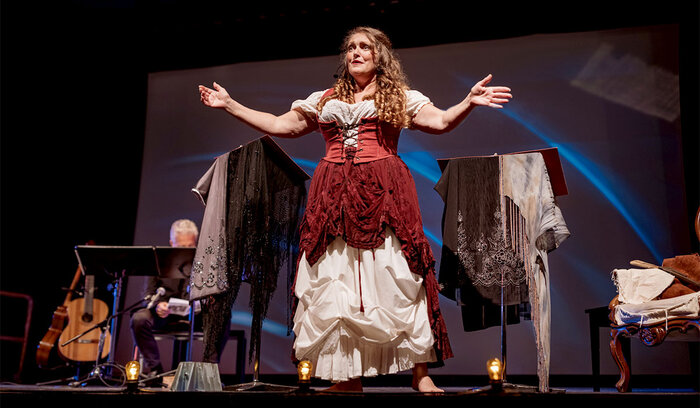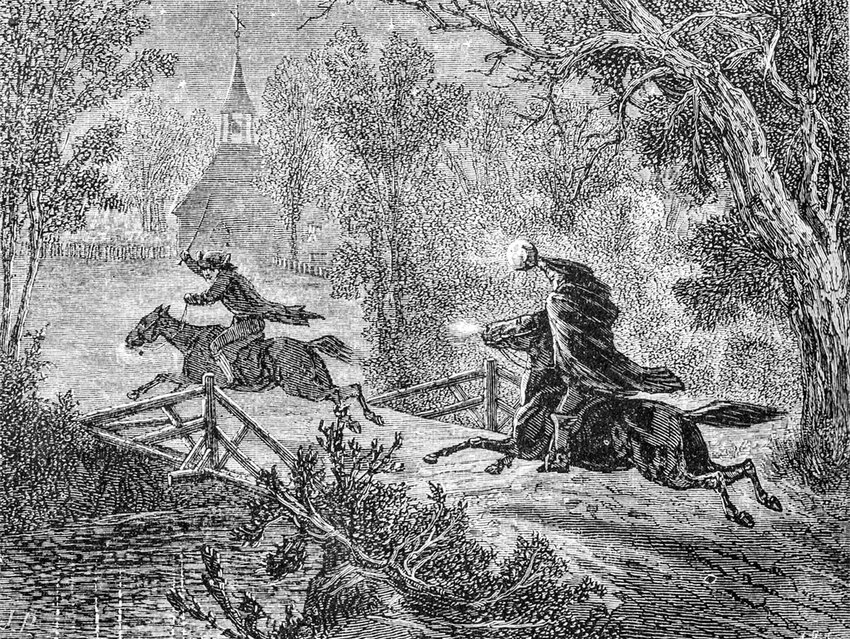
Vedette
[və-DET]
Part of speech: noun
Origin: French, 17th century
1.
(Historical) A mounted sentry positioned beyond an army's outposts to observe the movements of the enemy.
2.
A leading star of stage, screen, or television.
Examples of Vedette in a sentence
"The Golden Globes honor some of Hollywood’s most famous vedettes."
"My grandmother used to read me celebrity gossip magazines like “Allo Vedettes” so we could talk about Quebec’s biggest vedettes."
About Vedette
“Vedette” is taken from French, where the word was based on the Italian “vedetta,” meaning “lookout” or “patrol.”
Did you Know?
“Vedette” has seen a swap in meaning since it entered English in the 17th century. In its early forms, “vedette” referred to an advance sentry outside an army’s encampment who kept tabs on the enemy. Instead of referring to those performing surveillance, “vedette” now refers to those people who are watched and seen: celebrities. Though considered outdated in France, “vedette” is still widely used in Canada’s French-speaking province Quebec, where it often celebrates “vedettes de chez nous,” or “major stars of our own.”








